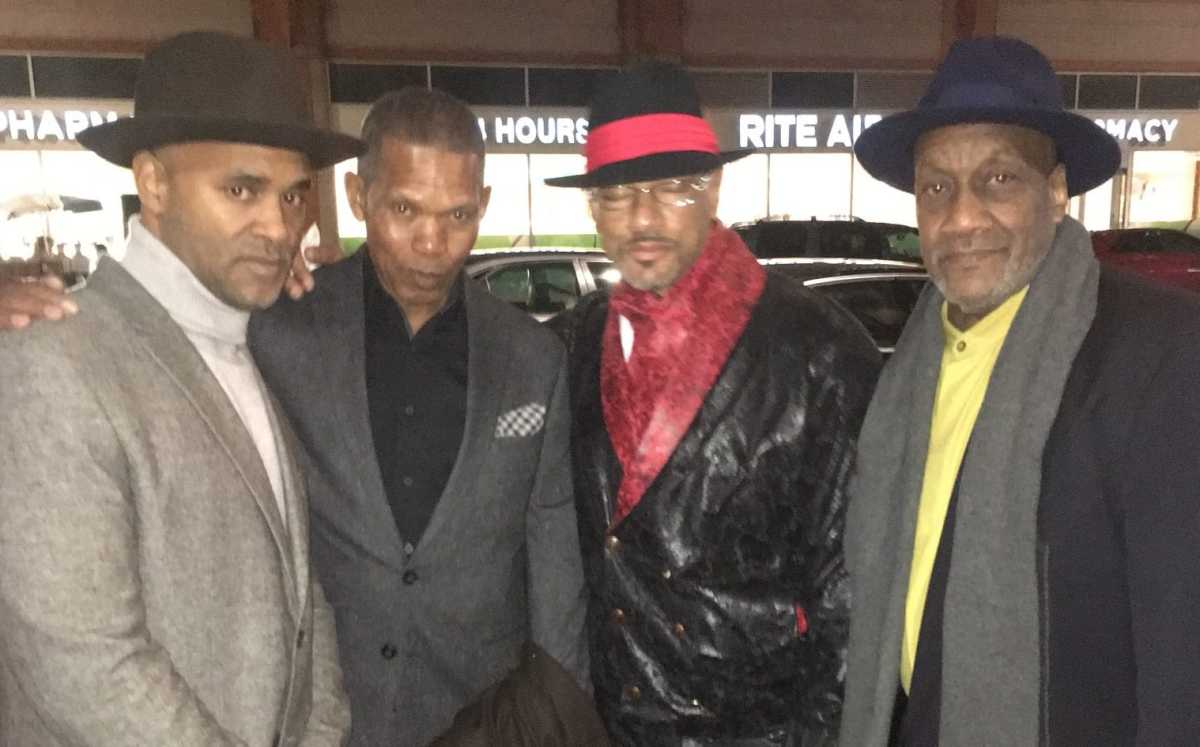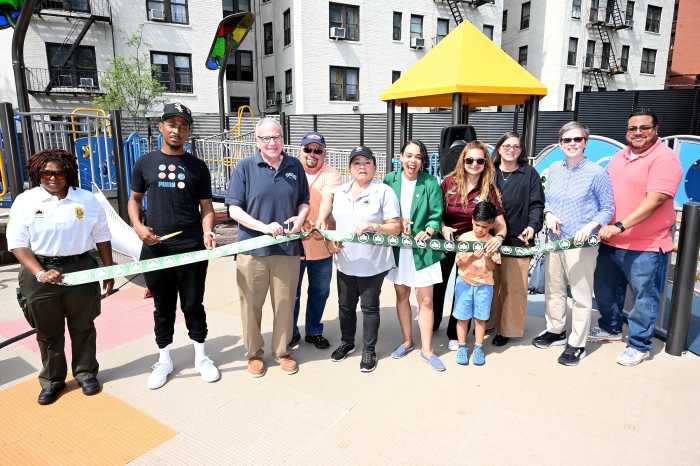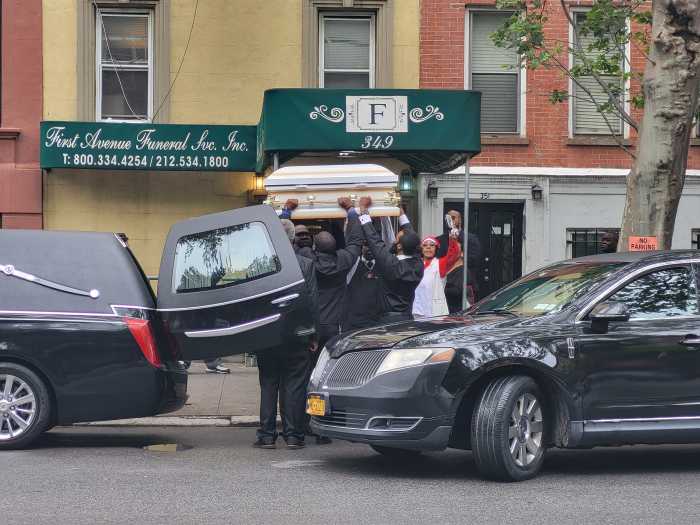Bronx native Raymond Romar Clark had nice cars, multiple homes, flashy clothes and made millions as a hustler. But all of that meant nothing when he was sentenced to 60 years in prison.
While Clark only served 30 years of his sentence, his life is forever changed. Released in 2017, he is grateful to be free and recently told his story for the first time.
According to Clark, the media glorifies drug dealing and it’s time for people to know the harsh realities of it.
“I started hustling when I was a kid,” he told the Bronx Times. “That was the thing in New York at that time.”
He and his friends would sell empty glass bottles they found in the street, open taxi doors for people and just did about anything to get money.
Childhood journey
Clark, now 72, along with his four sisters and brother, was raised by a single mom, Virginia “Dottie” Floyd in a two-bedroom apartment in the Bronx. While his mother was a big influence in his life, times were hard growing up, Clark said.
When he was around 11 or 12 years old, Clark and three of his siblings were taken from his mom and forced to live upstate New York; he went to middle school and high school in Nanuet, located in Rockland County.
Clark played football in high school and was a force on the gridiron, he said, adding that Jim Brown and Gale Sayers were his idols because he was a running back.
But there were very few Black students in Nanuet and Clark felt out of place. So, he would skip class and come back to the city almost every weekend.
However, his truancy resulted in expulsion his sophomore year. He got a job back in the city at a post office, but was always hustling in the streets, he said.
Clark idolized the hustlers and wanted to have cars, clothes and money like them.
“Those were the heroes of the neighborhood,” he said. “They were the best dressers.”
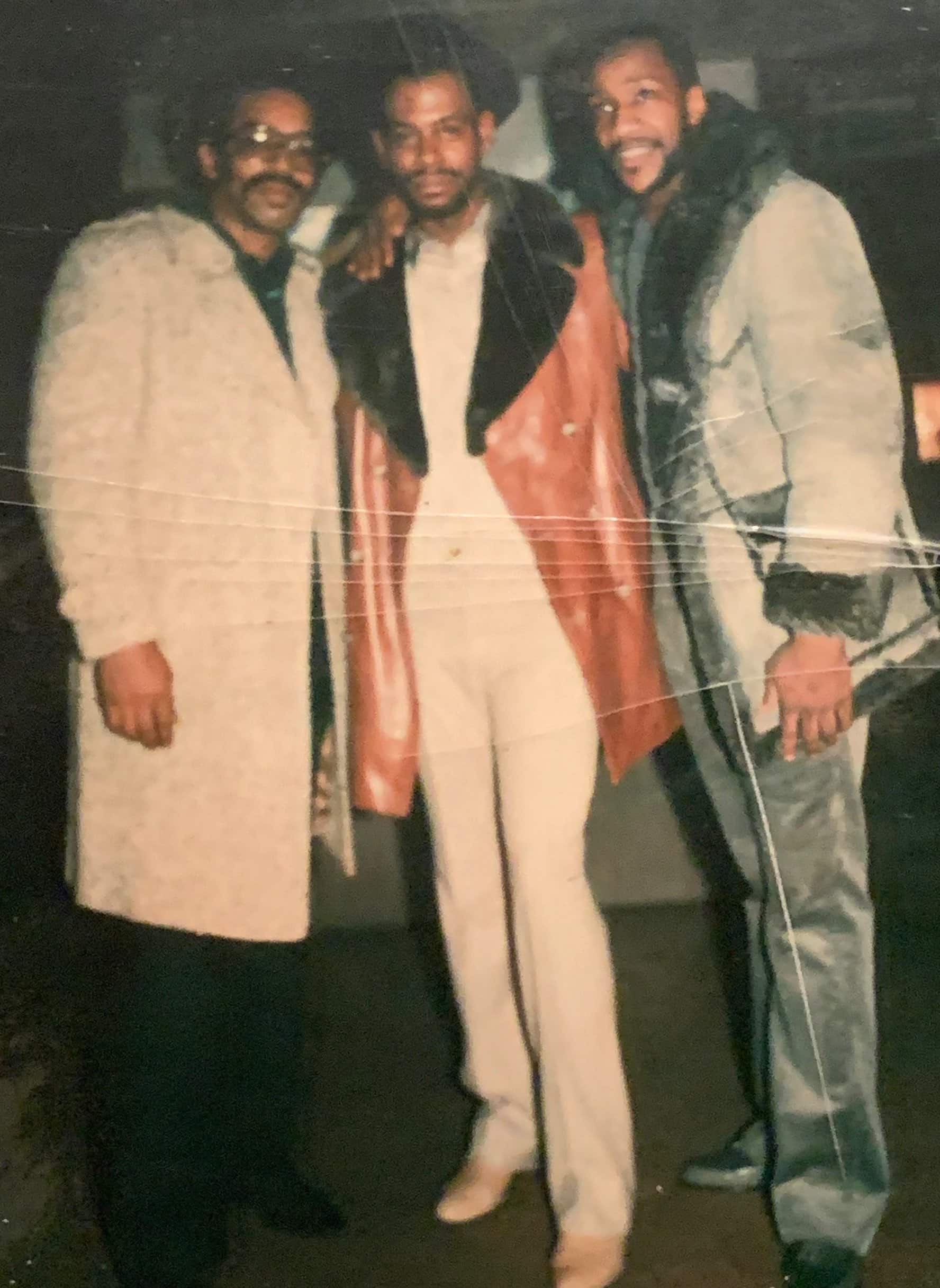
‘The scale of hustling was different’
Clark along with a few close friends, including Mike Romero, the nephew of the infamous hustler, Nicky Barnes, had a crew that sold heroin throughout his 20s and early 30s.
Getting shot, stabbed, or locked up was part of life, he said. He was first arrested in 1968 for robbery, spent five days at Rikers Island and got probation.
He had flashy cars, clothes, homes in Washington, D.C., Boston and Detroit and moved in silence like the “g” in lasagna.
“The scale of hustling was different,” Clark said. “We were big time. We were dealing with millions.”
From 1977 to 1987 Clark and his crew were kings. He said they thought of themselves as the mafia and were never afraid of getting caught.
He saw someone get shot for the first time in 1968 and in 1974, Clark shot a guy nine times on Boston Road after that man threatened his life. Clark was also shot and stabbed on multiple occasions.
“It felt like nothing,” he said about using his weapon. “I was just going about my business.”
He pointed out that the critically acclaimed movie “American Gangster,” which tells the story of notorious Harlem hustler Frank Lucas, was overblown and Lucas only had a two-year run before he became a snitch.
Clark hadn’t thought about a family until he met his wife Sonja in 1980. He fell in love, moved to Washington, D.C., and got married five years later. However, Sonja did not know what he did for a living.
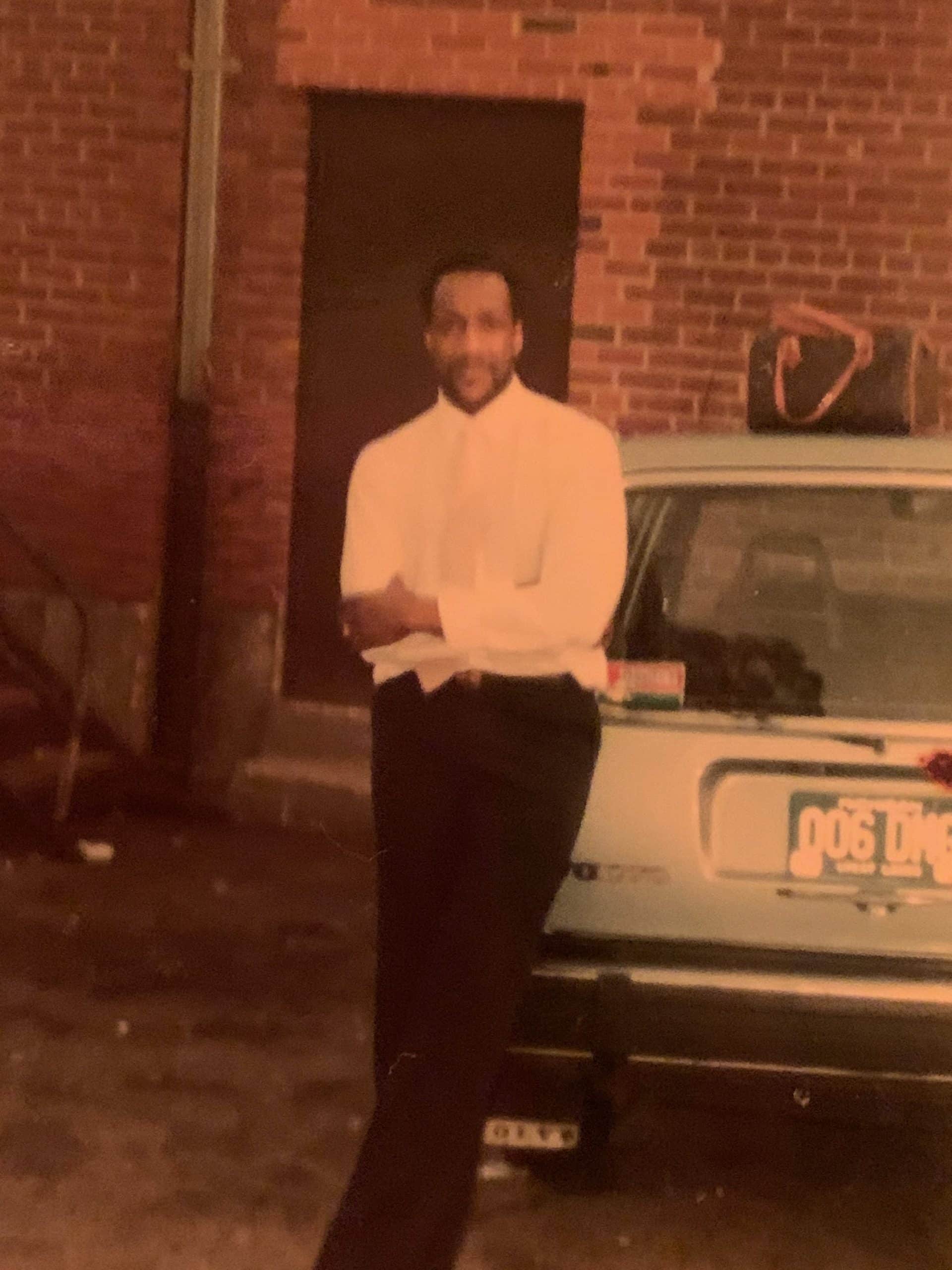
RICO charges
But everything changed in 1987 when Clark, his crew members and several mafia guys were charged under the RICO (Racketeer Influenced and Corrupt Organizations Act) Act by former New York City Mayor and prosecutor Rudy Giuliani. The feds had an informant in his crew and charged Clark with six murders, racketeering, conspiracy and drug distribution.
According to Clark, all of the evidence was circumstantial. The trial lasted five months and Clark was sentenced to 20 years for the murders, 20 for drugs, 10 for conspiracy and 10 more to run consecutively at the state level.
His sentence was reduced to 30 years because under an old RICO statute, offenders only had to do two thirds of their time. It was at that point that he had to tell his wife about what he did for a living.
Not only was he going to miss out on seeing Sonja, but also his daughter, India, who was just 14 months at the time.
“I was trying to beat my case,” Clark said. “They didn’t have any evidence. They thought I was the enforcer.”
A changed man
He went to prison at age 36 and came out a changed man. While his wife never left him, time inside was not easy. Clark missed his daughter growing up and his mom and two siblings died while he was locked up.
Clark was angry because he had a family to take care of, but was stuck in a cell. However, he studied the bible and found salvation.
“I was so messed up being away from them like that I was in a trance,” he said. “My whole prison bid was one big study.”
Clark soon realized he took the wrong path in life. All of the money, cars, women, homes and fancy clothes got him stuck in prison. So, it really wasn’t worth it, he said.
“When I look back at the hustling world, we were more drug addicts than the drug addicts,” he said.
Clark obtained his associates degree in science management in 1994 from Park College and is in the process of getting a bachelor’s degree from Baruch College.
It hurt him a lot to be away from his wife, daughter India, grandson Aidan and granddaughter Aubrey for so long. Clark missed so much of his life because he chose fast money, he said. He is angry when he sees people like 50 Cent glamorize hustling on shows like “Power.”
Kids today think selling drugs is cool, when it is not, he said. More importantly, being a hustler will not be his legacy, Clark said. Today, he lives in Maryland, is a family man and hopes to share his story with children.
“I already said I was part of the problem, let me become part of the solution,” he said. “We were selling stuff to bring the neighborhood down. At that time our wrong became our right.”

